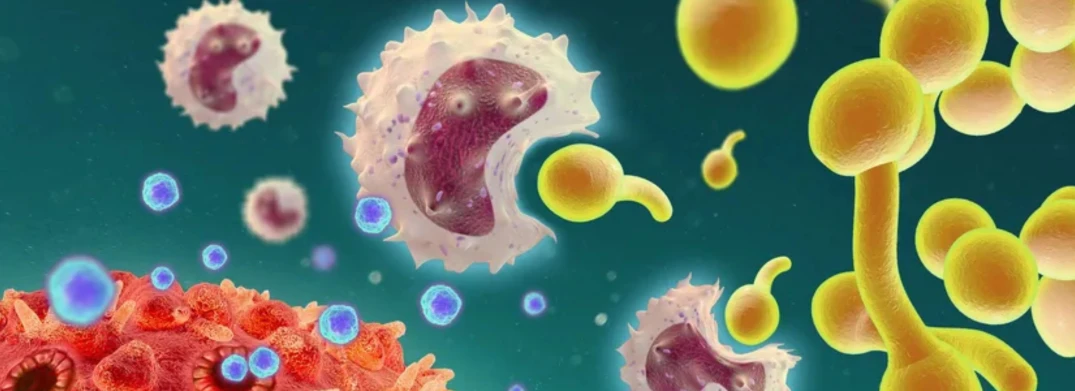Cellular Immunotherapies: A New Horizon in Disease Treatment

Cellular immunotherapies are rapidly transforming the landscape of disease treatment, offering new opportunities for the biotechnology industry. This therapeutic approach uses living cells, often genetically modified, to enhance the immune system’s ability to target specific diseases. In this article, we explore the fundamentals of these therapies, their main applications, and the challenges and opportunities they present for companies in the sector.
What Are Cellular Immunotherapies?
Cellular immunotherapies are a type of medical treatment that uses the patient’s own immune cells, or donated cells, to combat diseases. These therapies have gained significant attention for their potential in treating cancer, viral infections, and autoimmune diseases. Among the most prominent are CAR-T (chimeric antigen receptor T-cells) therapies, where T-cells are genetically modified to recognize and destroy tumor cells.

Main Types of Cellular Immunotherapies
There are several approaches within cellular immunotherapies, which vary depending on the type of cells used and the extent of their modification. The most common include:
- CAR-T Therapy: Genetically modified T-cells designed to identify and eliminate cancer cells.
- Natural Killer (NK) Cell Therapy: These cells are used for their innate ability to destroy infected or cancerous cells.
- Dendritic Cell Therapy: These cells are employed to stimulate an adaptive immune response against tumors.
These therapies are particularly notable for their ability to be customized for each patient, increasing their efficacy compared to conventional treatments.

Current and Future Applications
Cancer Treatment
The use of cellular immunotherapies in oncology has been one of the most significant developments in the past decade. CAR-T therapies, for instance, have shown promising success rates in certain types of leukemia and lymphoma. These therapies offer the advantage of specifically targeting cancer cells while minimizing damage to healthy tissues. However, their effectiveness in solid tumors remains an ongoing research challenge.
Autoimmune Diseases and Viral Infections
In addition to cancer, cellular immunotherapies are starting to be explored for use in autoimmune diseases, such as multiple sclerosis, where the immune system attacks the body’s own tissues. Chronic infections like HIV are also being considered for treatment using modified immune cells.
Challenges and Opportunities for Biotechnology
Production and Scalability
One of the biggest challenges in the widespread implementation of cellular immunotherapies is large-scale production. Manufacturing these therapies is highly personalized, as it often requires the extraction and modification of the patient’s own cells, which increases the cost and complexity of the process. Biotechnology companies have the opportunity to develop more efficient technologies and platforms that can reduce production costs and improve scalability.

Safety and Regulation
Another key challenge is ensuring the safety of these treatments. Due to the genetic manipulation of cells, there is a risk of severe side effects, such as cytokine toxicity or unwanted immune responses. Biotech companies must work closely with regulatory agencies to ensure that these treatments are both safe and effective before they are approved for widespread clinical use.
Conclusion
Cellular immunotherapies represent an exciting frontier in the treatment of diseases that have been difficult to address with traditional therapies. While there are significant challenges in terms of production, safety, and regulation, the opportunities for innovation are vast. For biotechnology companies, success in this field could transform not only the treatment of diseases but also the future of personalized medicine.






